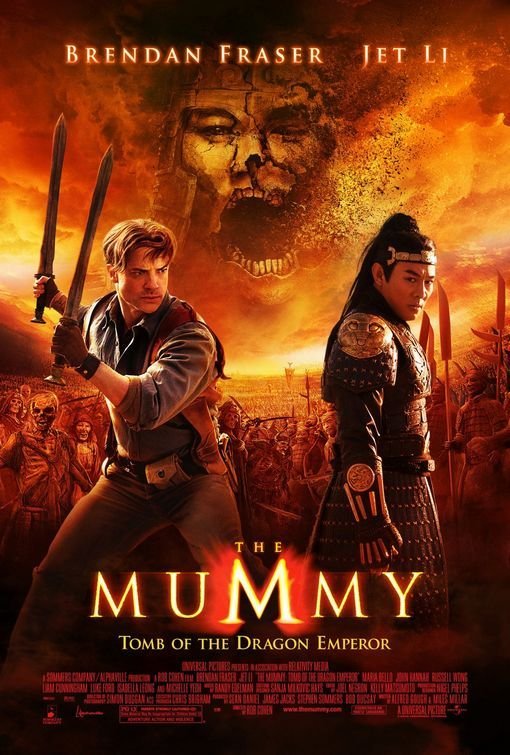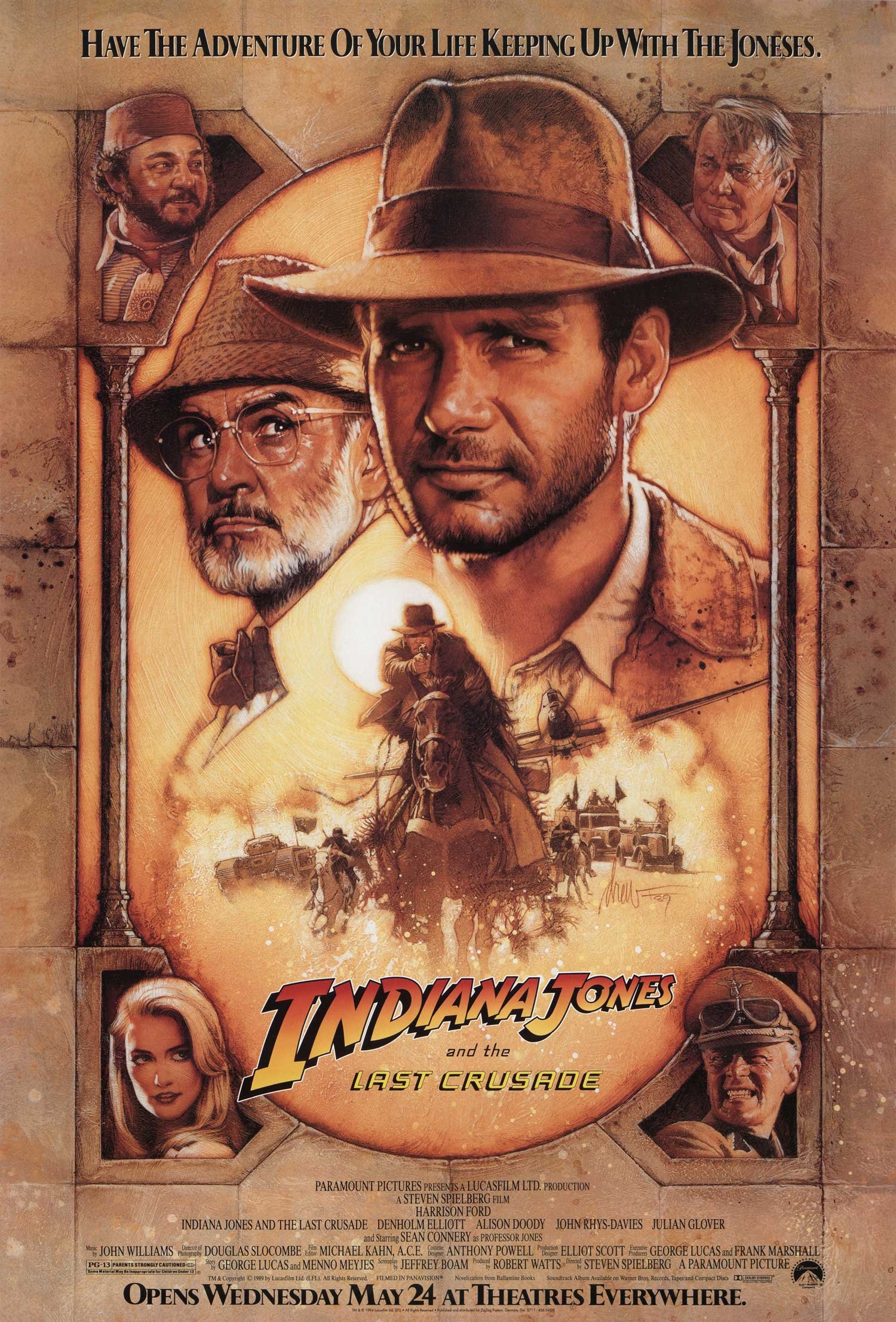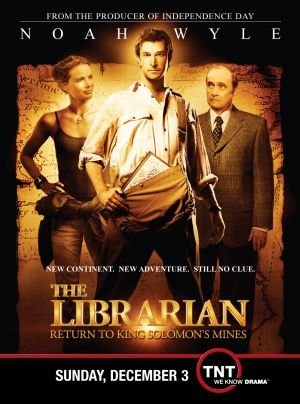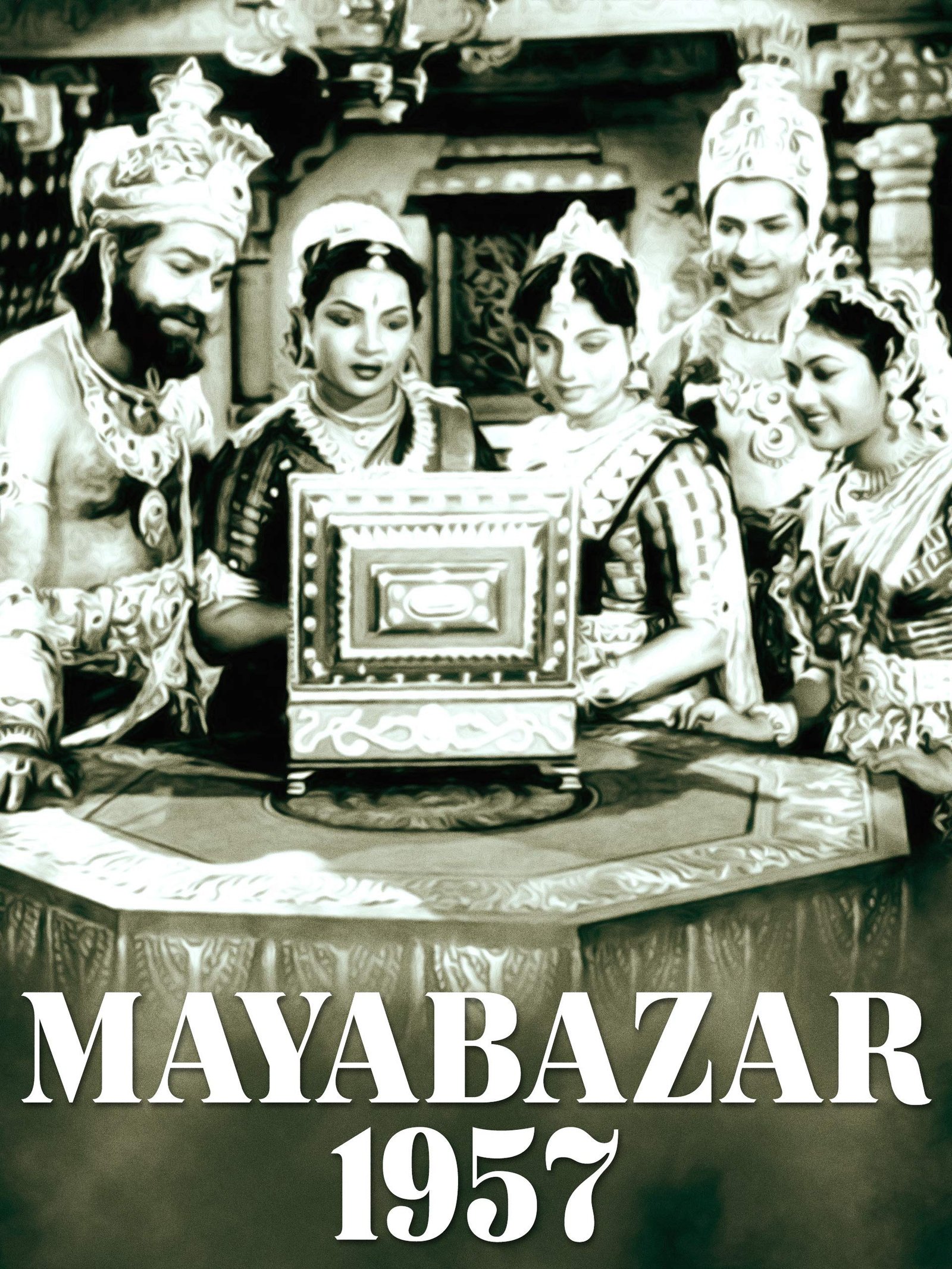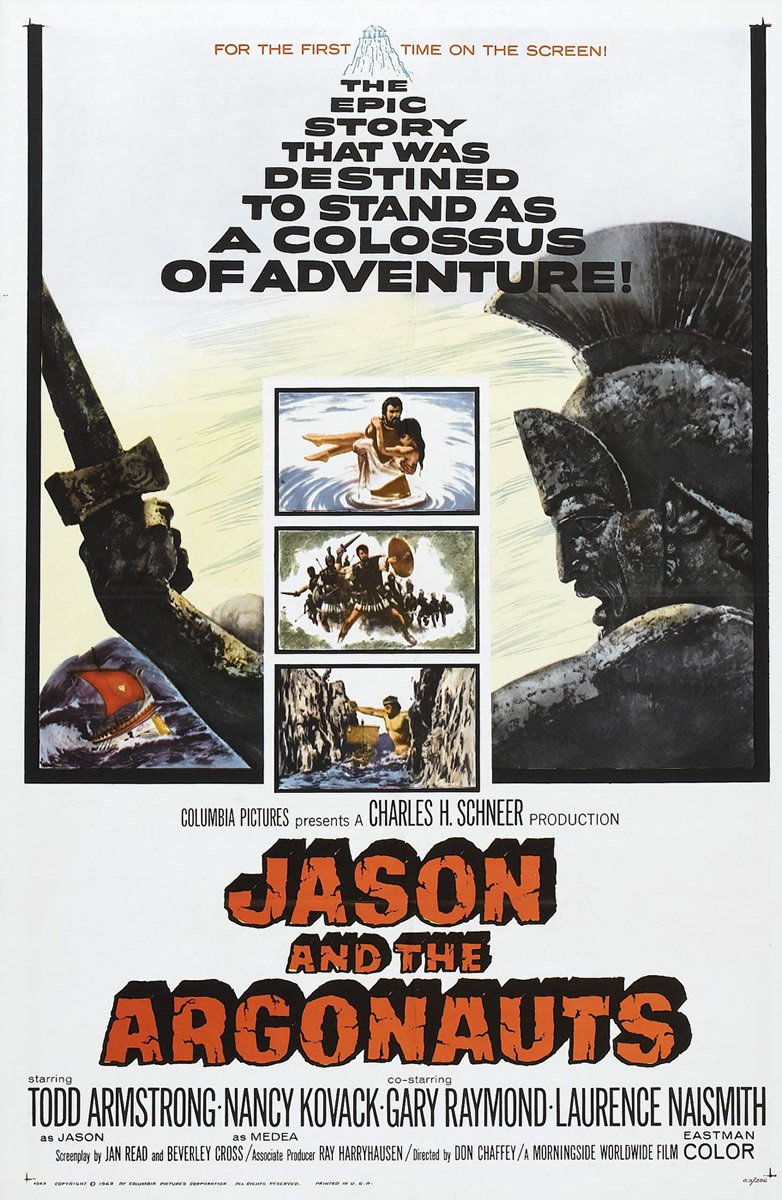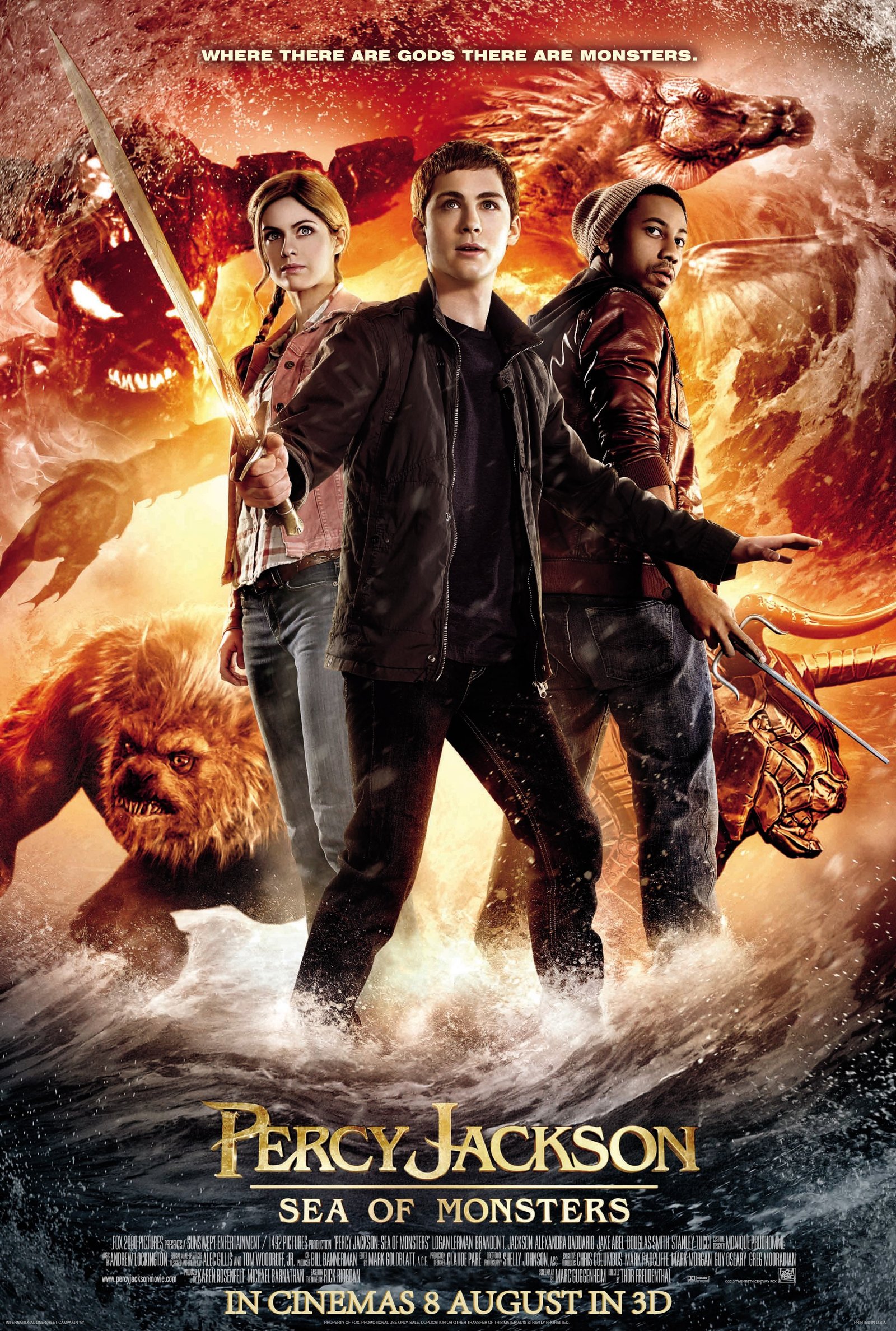Celtic Mythology
Celtic Mythology
iron-age

Celtic mythology is the mythology of Celtic polytheism, the religion of the Iron Age Celts.Like other Iron Age Europeans, the early Celts maintained a polytheistic mythology and religious structure.
Celts were one of the most feared and admired peoples of ancient Europe. Ireland was a rich and fertile land with ancient and sophisticated culture. The monks of Ireland became famous scribes who wrote down native Irish stories of gods and goddesses battling for the control of island in epic wars, heroes engaged in endless combat to win undying glory, to voyage across the sea to magical islands. Divine women with the gift of their sexuality could control the power of kings.
Famous Myths of Celtic Mythology
-
The myth of Cuchulainn
Cuchulainn is a legendary warrior of Irish mythology, known for his superhuman strength and courage.
-
The myth of The Children of Lir
A tragic tale of a king who turned his children into swans for 900 years, as punishment for his stepmother's cruelty towards them.
-
The myth of The Tuatha Dé Danann
The Tuatha Dé Danann are a race of powerful and magical beings in Irish mythology, who were said to have inhabited Ireland before the arrival of the Celts.
-
The myth of The Loch Ness Monster
The Loch Ness Monster is a mythical creature that is said to reside in Loch Ness in Scotland, it's a creature of legend, described as giant serpent or dragon-like beast.
-
The myth of King Arthur
King Arthur is a legendary figure in British mythology, who is said to have led the defense of Britain against the Saxon invaders in the late 5th and early 6th centuries.
Celtic Mythology Legends

Epona – The Protector Goddess of Horses
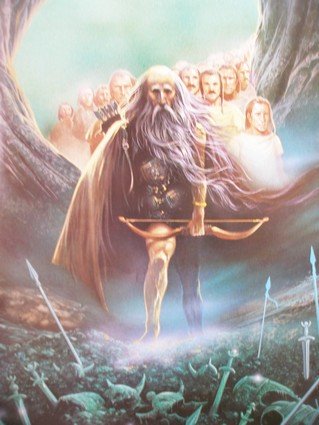
Ogmios / Ogma – The God of Eloquence
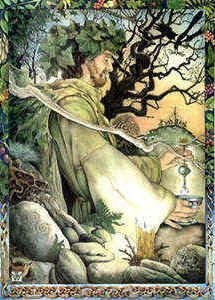
Toutatis - The Guardian God of Gauls
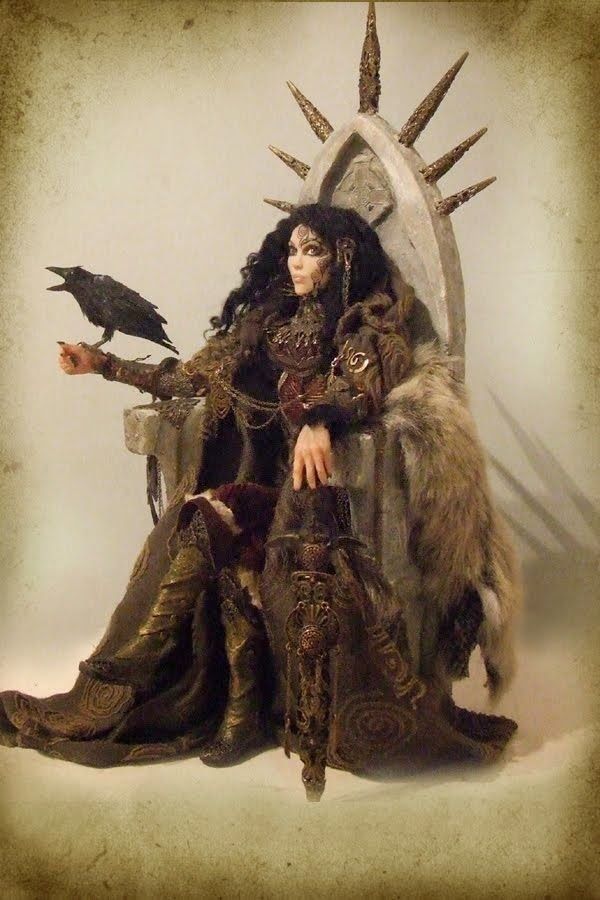
Morrigan - The Mysterious Goddess of Fate

Ana or Danu/Dana - The Primordial Goddess of Nature

Brigid - The Triple - Goddess of Healing

Grannus - The God of Hot Springs
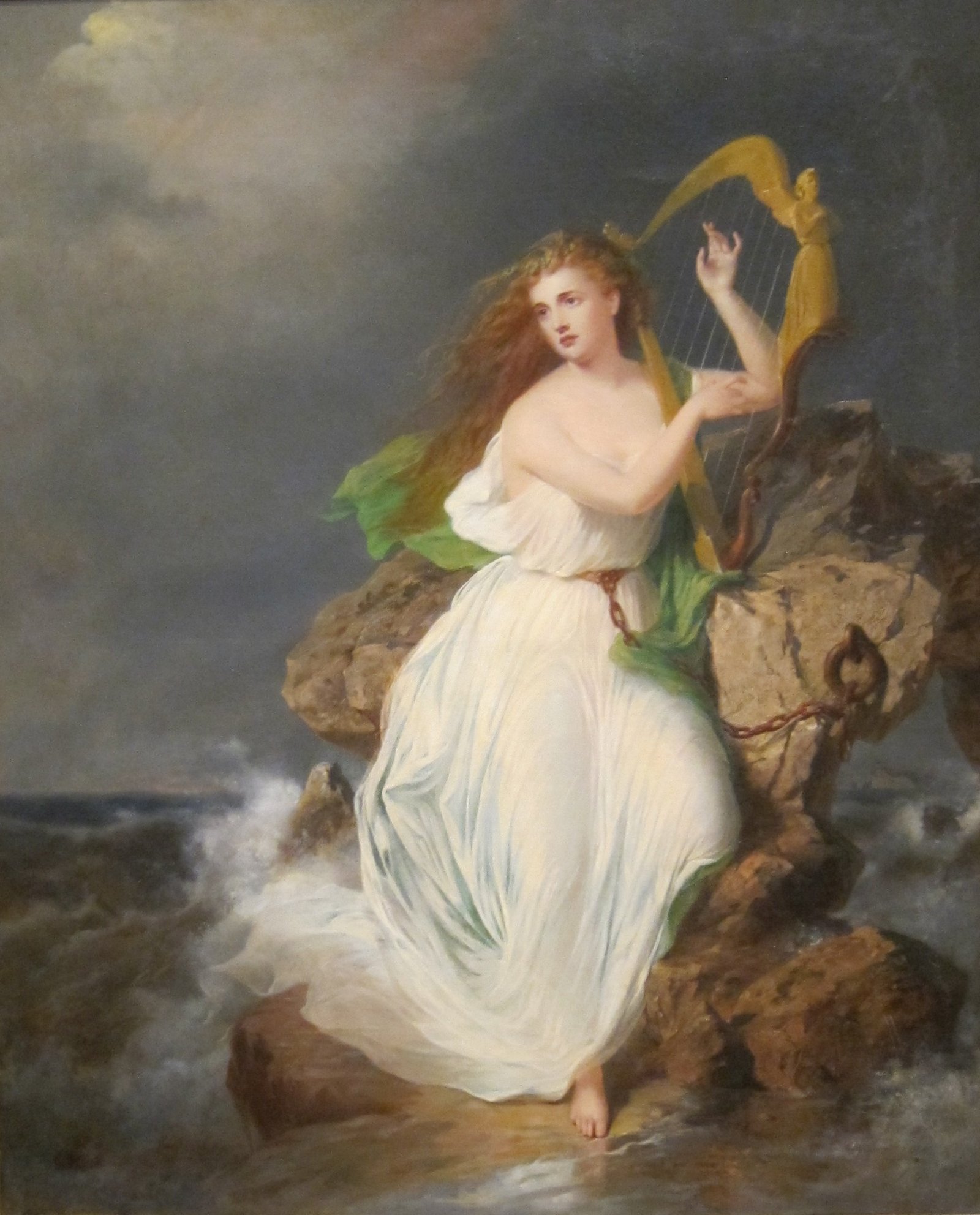
Eriu/Eire - The Goddess of Ireland

Cernunnos – The Lord of the Wild Things

Belenus - The Effulgent Sun God

Aengus (Angus) /Aonghus The Youthful God of Love
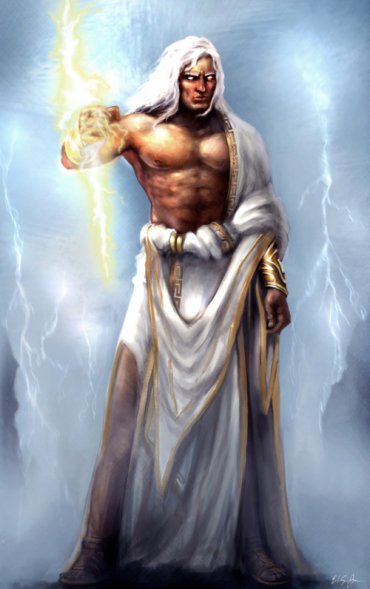
Taranis - The God of Thunder
Celtic Mythology Creatures

Selkie

Fairy
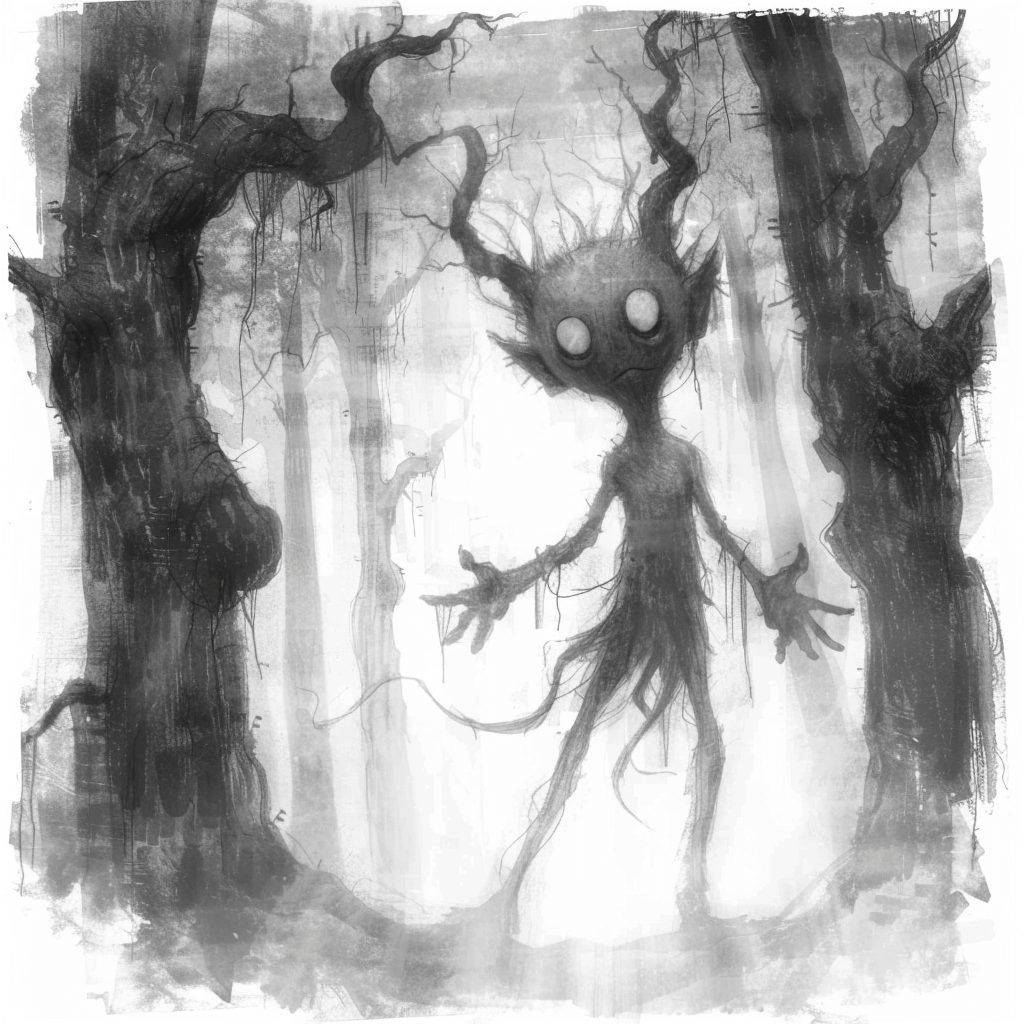
Aos Sí
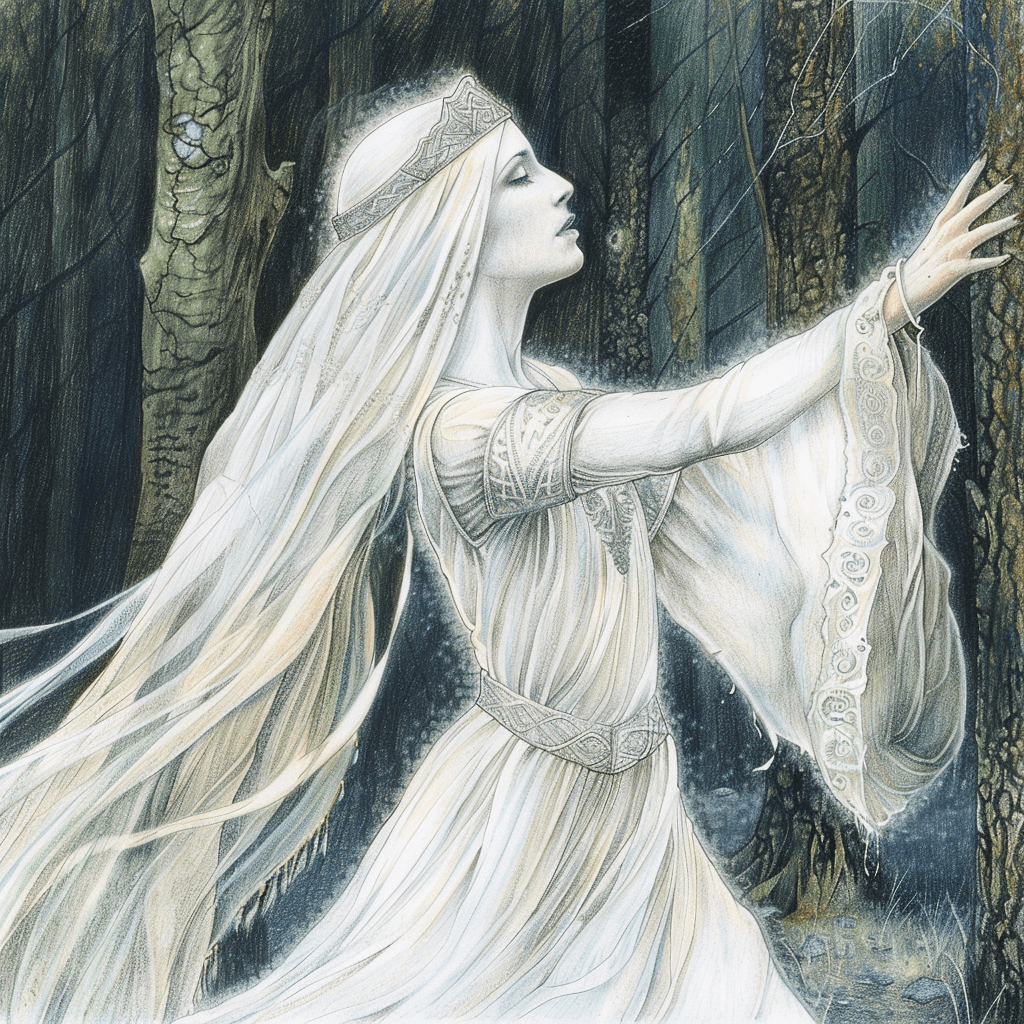
Banshee

Cwn Annwn
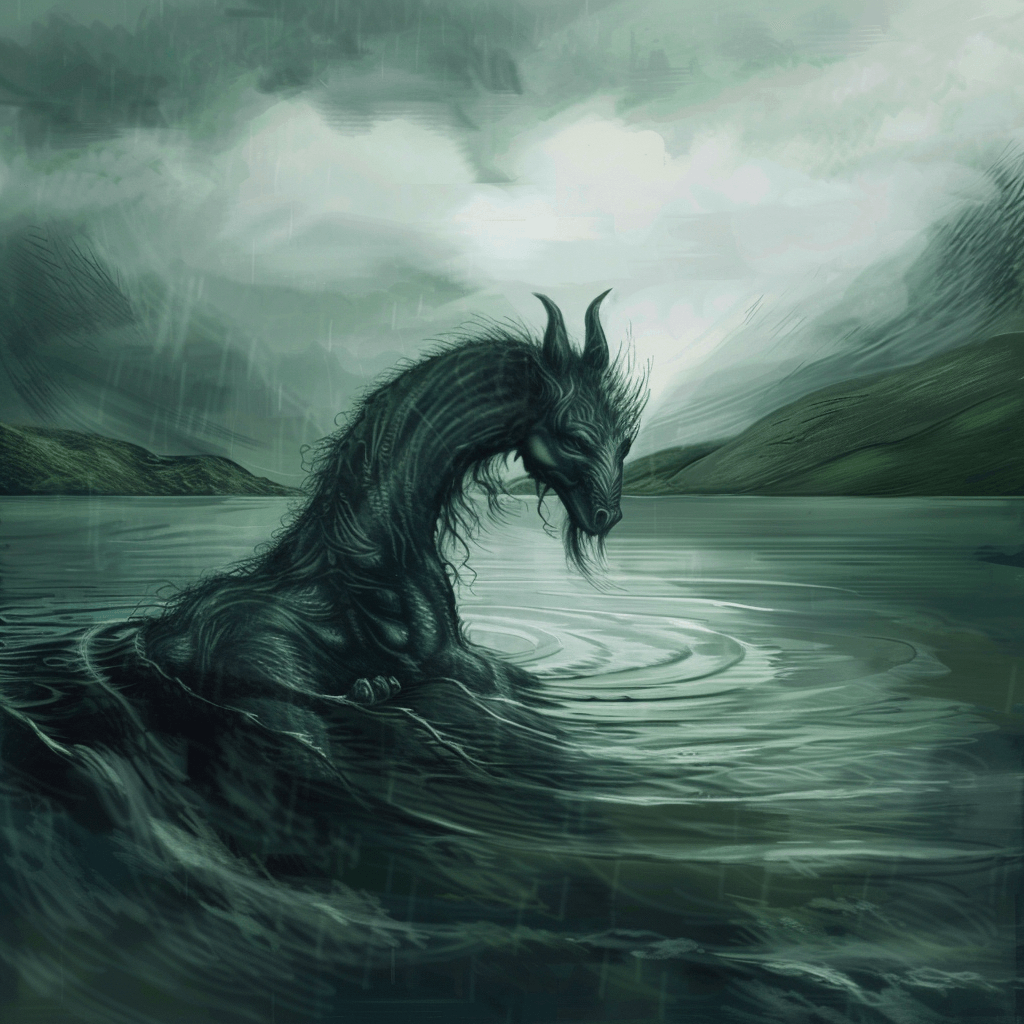
Kelpie
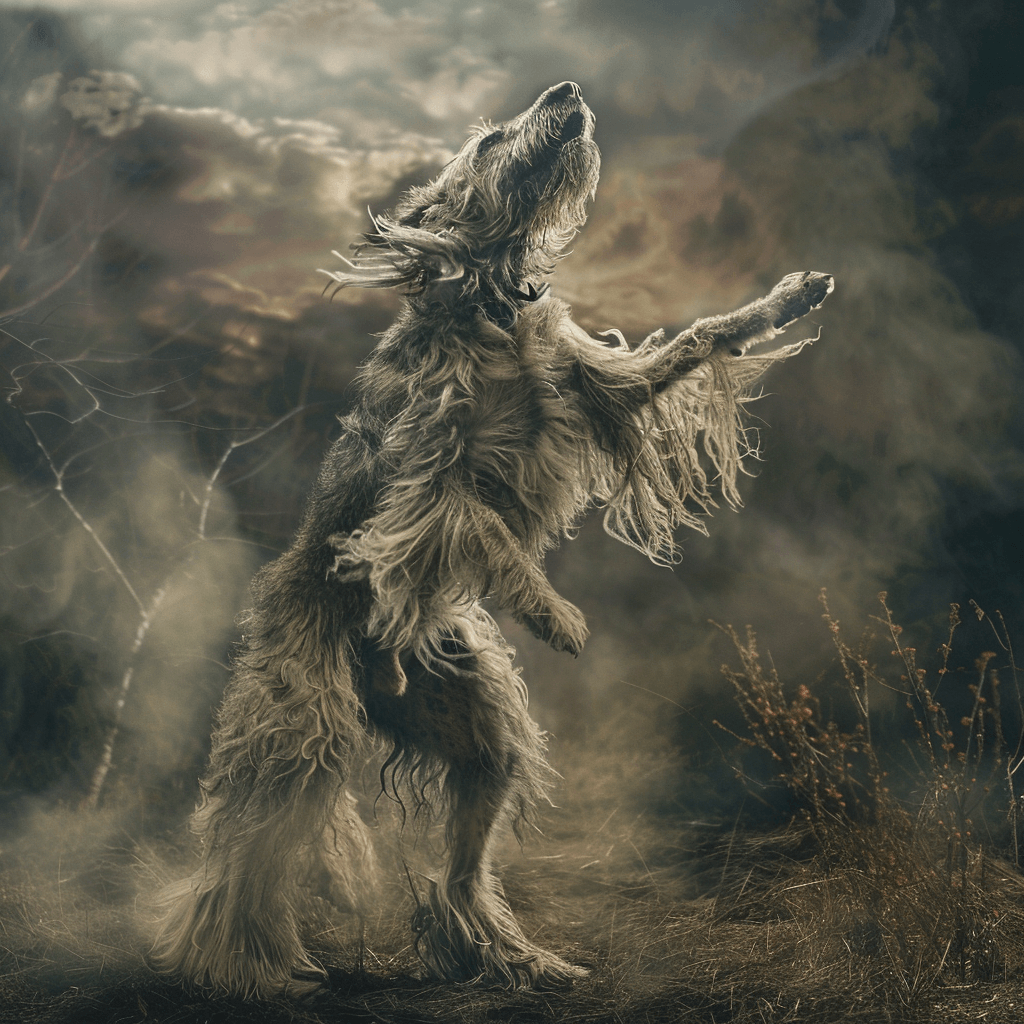
Púca
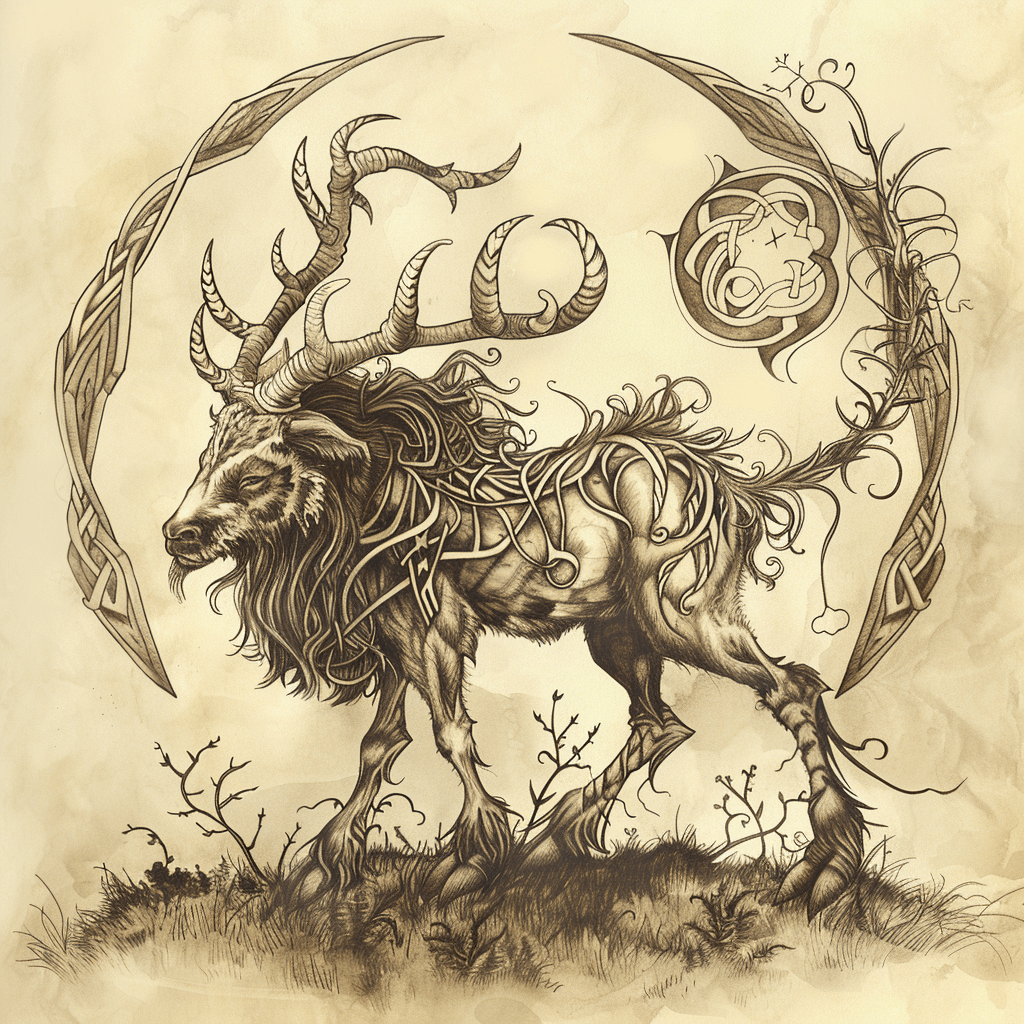
Fomorian

Bean Sidhe
Celtic Mythology Books

Celtic Tales: Fairy Tales and Stories of Enchantment from Ireland, Scotland, Brittany, and Wales (Irish Books, Mythology Books, Adult Fairy Tales, Celtic Gifts)
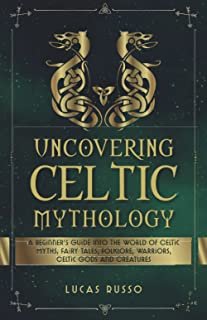
Uncovering Celtic Mythology: A Beginner's Guide Into The World Of Celtic Myths, Fairy Tales, Folklore, Warriors, Celtic Gods and Creatures
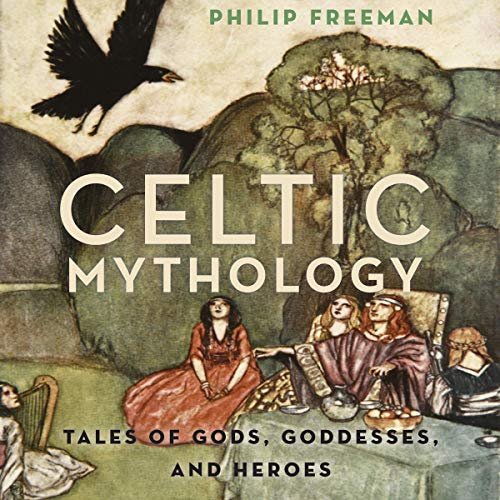
Celtic Mythology: Tales of Gods, Goddesses, and Heroes

